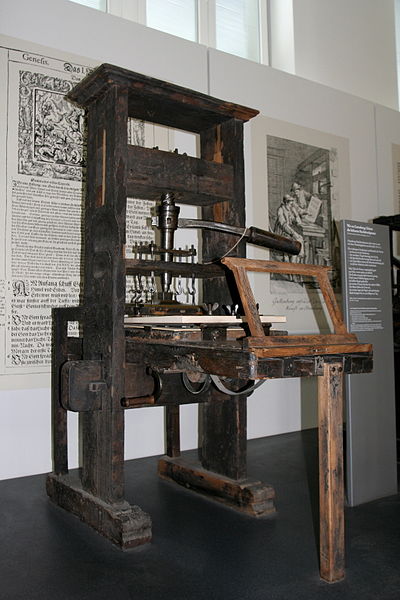 |
Sunday, 23 October 2011
it is about appropriate technology
Appropriate technology is an ideological movement (and its manifestations) originally articulated as "intermediate technology" by the economist Dr. Ernst Friedrich "Fritz" Schumacher in his influential work,Small is Beautiful. Though the nuances of appropriate technology vary between fields and applications, it is generally recognized as encompassing technological choice and application that is small scale, labor intensive, energy efficient, environmentally sound and locally controlled.[1] Both Schumacher and many modern-day proponents of appropriate technology also emphasize the technology as people centered.[2]
Appropriate technology is most commonly discussed in its relationship to economic development and as an alternative to transfers of capital-intensive technology from industrialized nations to developing countries.[3][2] However, appropriate technology movements can be found in both developing and developed countries. In developed countries, the appropriate technology movement grew out of the energy crisis of the 1970s and focuses mainly on environmental and sustainability issues.[4]
Appropriate technology has been used to address issues in a wide range of fields. Well-known examples of appropriate technology applications include: bike- and hand-powered water pumps (and other self-powered equipment), the universal nut sheller, self-contained solar-powered lightbulbs and streetlights, and passive solar building designs.
The word "technology" can also be used to refer to a collection of techniques. In this context, it is the current state of humanity's knowledge of how to combine resources to produce desired products, to solve problems, fulfill needs, or satisfy wants; it includes technical methods, skills, processes, techniques, tools and raw materials. When combined with another term, such as "medical technology" or "space technology", it refers to the state of the respective field's knowledge and tools. "State-of-the-art technology" refers to the high technologyavailable to humanity in any field.
The use of the term technology has changed significantly over the last 200 years. Before the 20th century, the term was uncommon in English, and usually referred to the description or study of the useful arts.[2]The term was often connected to technical education, as in the Massachusetts Institute of Technology (chartered in 1861).[3] "Technology" rose to prominence in the 20th century in connection with the second industrial revolution. The meanings of technology changed in the early 20th century when American social scientists, beginning with Thorstein Veblen, translated ideas from the German concept of Technik into "technology." In German and other European languages, a distinction exists between Technik andTechnologie that is absent in English, as both terms are usually translated as "technology." By the 1930s, "technology" referred not to the study of the industrial arts, but to the industrial arts themselves.[4] In 1937, the American sociologist Read Bain wrote that "technology includes all tools, machines, utensils, weapons, instruments, housing, clothing, communicating and transporting devices and the skills by which we produce and use them."[5] Bain's definition remains common among scholars today, especially social scientists. But equally prominent is the definition of technology as applied science, especially among scientists and engineers, although most social scientists who study technology reject this definition.[6]More recently, scholars have borrowed from European philosophers of "technique" to extend the meaning of technology to various forms of instrumental reason, as in Foucault's work on technologies of the self("techniques de soi").
Friday, 21 October 2011
Monday, 10 October 2011
Subscribe to:
Posts (Atom)


